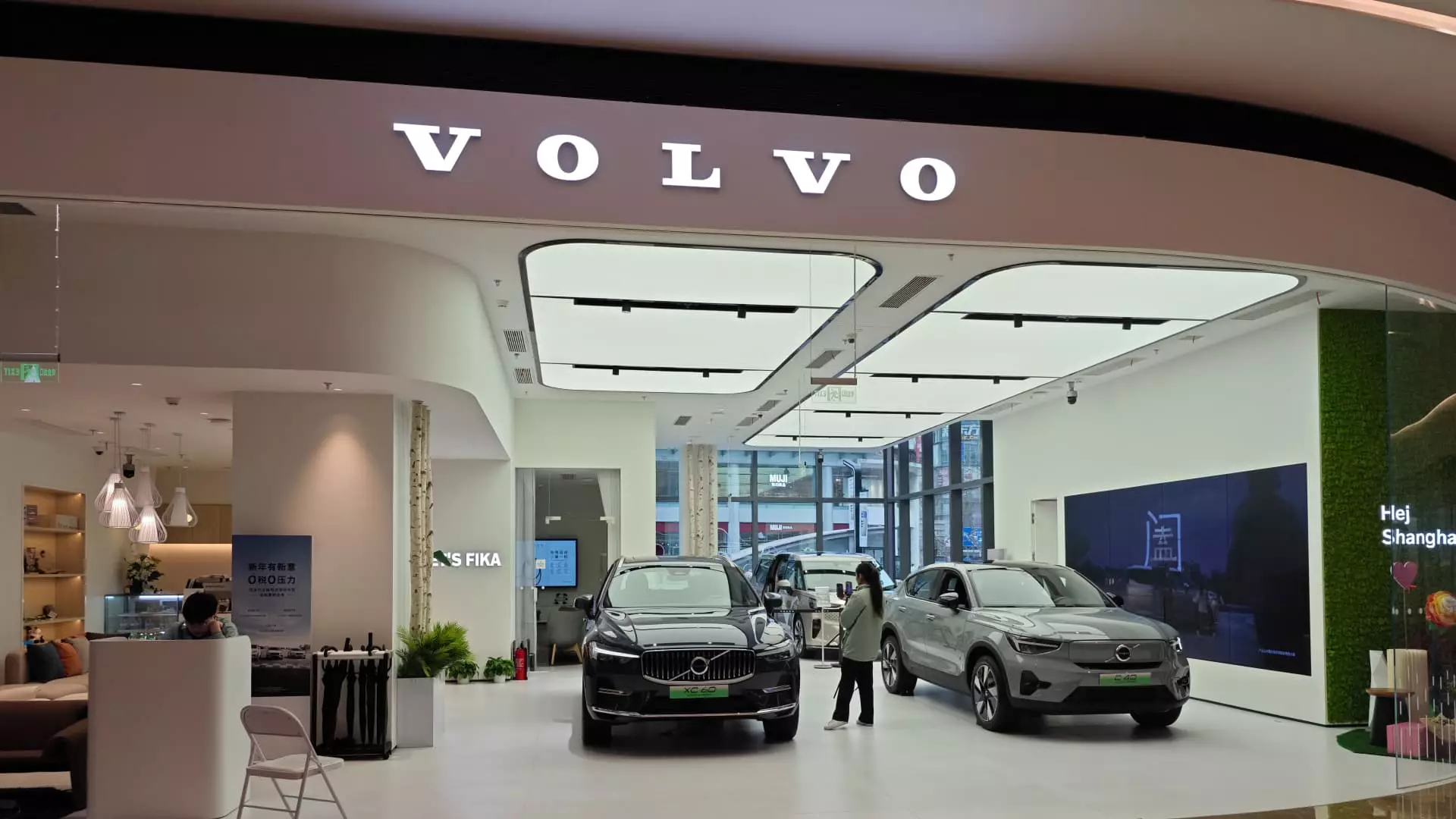Volvo Cars recently made adjustments to its margin and revenue goals due to the increasing complexity of global trade and tariffs. The Swedish automaker, majority-owned by China’s Geely Holding, now aims for a 2026 EBIT margin of 7-8%, down from its previous target of “above 8%”. This change reflects the challenges posed by international trade disputes and the urgent need for automakers to navigate geopolitical tensions, especially between the European Union, China, and the U.S.
Transition to Electric Vehicles
While Volvo Cars had initially set a goal of achieving 100% all-electric vehicle sales by 2030, the company has revised its target to a range of 90-100%. This adjustment comes in response to consumer demand, slow development of charging infrastructure, reduced government incentives, and uncertainties surrounding tariffs on EVs in different markets. Despite this shift, Volvo remains committed to eventually reaching full electric sales when market conditions are more favorable.
The transition to electric vehicles presents challenges for automakers, including Volvo Cars. One major issue is the underwhelming demand for EVs among consumers, who often cite concerns about charging infrastructure and range limitations. These obstacles have prompted Volvo to reconsider its timeline for achieving all-electric sales and to focus on developing a broader range of electrified models, including plug-in hybrids and mild hybrids, to cater to varying consumer preferences and market conditions.
In response to the shifting automotive landscape, Volvo Cars has extended its partnership with U.S. chip giant Nvidia to develop advanced features such as driving assistance and autonomous driving capabilities. Additionally, the company plans to streamline its manufacturing processes by adopting a “single technology stack” to reduce the costs associated with producing electric vehicles. These strategic moves demonstrate Volvo’s commitment to staying ahead of the curve in terms of technological innovation and market adaptation.
Sales Performance and Market Trends
Recent sales figures released by Volvo Cars show a 3% year-on-year increase in global sales for August, driven by strong growth in Europe but tempered by a decline in China. Electric and plug-in hybrid vehicles accounted for nearly half of the company’s sales in August 2024, indicating a growing interest in electrified models among consumers. Despite the challenges posed by market fluctuations and geopolitical uncertainties, Volvo Cars remains optimistic about its prospects for the future.
Overall, Volvo Cars’ strategic adjustments reflect a proactive approach to the challenges facing the automotive industry, particularly in the context of the ongoing transition to electric vehicles and the impact of global trade dynamics. By reevaluating its goals, forging key partnerships, and investing in technological advancements, Volvo is positioning itself to thrive in a rapidly changing marketplace and to meet the evolving needs of consumers worldwide.


Leave a Reply